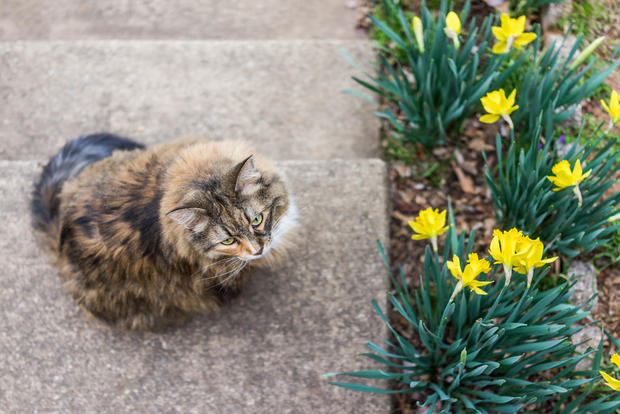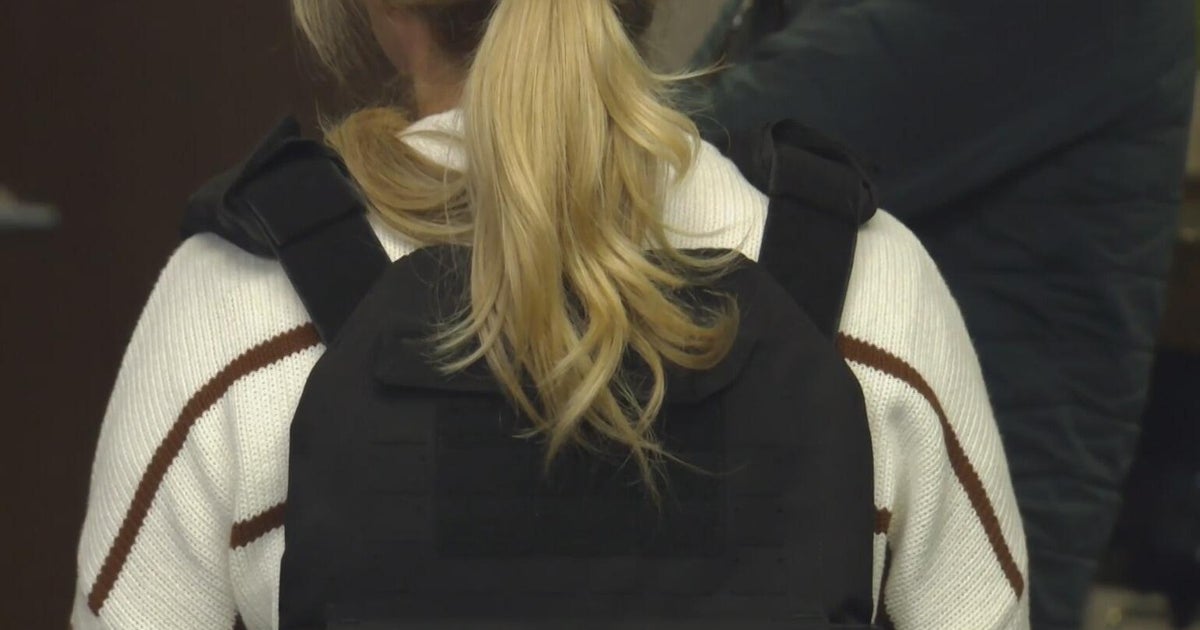Cat declawing: The battle lines are getting sharper
Cats' claws are pitting animal rights activists against veterinarians in battles over legislation that would outlaw declawing of cats, except in the rare instances when it's medically necessary for the cat.
Veterinarians in four states are fighting against such bills, claiming that making the procedure illegal would push more owners to surrender their animals. The vets argue that people who have cats that they can't train to not scratch furniture or people will take the cats to shelters (or abandon them) if the option of declawing isn't available. The vets' position is that more homeless cats is a worse problem than more declawed cats.
According to the American Veterinary Medical Association (AVMA), vets should surgically remove a cat's claws only when other less drastic options such as behavioral modification fail or when scratching could pose a risk to humans with compromised immune systems. However, about 70 percent of vets in the US and Canada perform the operation. The AVMA says practitioners typically perform the procedure only once a month.
"The AVMA policy opposes declawing except where it serves to keep a cat in its home," said Michael San Filippo, a spokesman for the organization, which has more than 88,000 members. "An estimated 70 percent of cats relinquished to animal shelters are euthanized, so the likelihood of a homeless cat finding a new home is poor."
Veterinarian groups that are opposing bills now pending in New York, New Jersey, West Virginia and Rhode Island have taken positions that echo the AMVA's views.
But declawing has been a hot-button issue for years, and opponents of the practice claim that many of the AVMA's arguments justifying the procedure don't hold up.
According to Dr. Jennifer Conrad, a vet who founded an anti-declawing group called PawProject.org, declawing is a big money-maker for veterinarians and is performed more frequently than the AMVA suggests.
"There are vets who are making over $1,000 an hour doing that," she said. "And there are vets who have said things like 'it's my bread and butter.' There are vets who say they don't want to give it up because they can make serious money."
Declawing, or onychectomy, is major surgery that causes the animal pain "even if you use super-good analgesics," according to Dr. Carlo Siracusa, a professor at the University of Pennsylvania's School of Veterinary Medicine, who supports outlawing the practice.
"This procedure can cause chronic pain and not necessarily at the site of the surgery," Siracusa said, adding that studies have shown that declawed cats are "more at risk to bite people.
The Society for the Prevention of Cruelty to Animals Los Angeles, which operates independently from the national ASPCA, hasn't seen an increase in homeless cats after Los Angeles became one of a handful of California cities that outlawed the procedure in 2010. The European Union, which outlawed the operation in 1986, hasn't seen a spike in abandoned cats either, said Siracusa.
"There isn't enough peer-reviewed information nor evidence to conclude that banning declawing leads to an increase in homeless cats," said Siracusa. "Personally, I don't think it would, particularly if ... the ban would be paired with an education campaign for cat owners and veterinarians."
As for the potential harm to human health, declawing opponents note that the AIDS guidelines put out by the Centers for Disease Control and Prevention urge patients not to engage in "rough play" with cats -- but they specifically state "declawing is not advised." Hemophiliacs also aren't especially vulnerable to minor cuts like cat scratches, even though their blood-clotting ability is compromised, according to the National Hemophilia Foundation. Cancer patients can keep their cats, but need to take precautions against bites and scratches, according to The American Cancer Society.
In 2015, the AVMA canceled a contest to choose "America's Favorite Vet" after declawing opponents targeted on social media finalists who performed the procedure. The AVMA called it "cyber-bullying." Opponents called one contestant "a whore and a butcher" among other things. Others were targeted with negative reviews and threatening phone calls, according to the AVMA.
Activist Lori Shepler, who organized the protest, makes no apologies for her actions and argues that the AVMA's cyber-bullying claims are inflated.
"Two of the declawing vets stopped declawing after the contest was canceled because they said they were inspired by what I was doing," said Shepler, who operates the anti-declawing City the Kitty website, in an email. "They're my friends now and told me that they didn't have any cyber-bullying or negative reviews toward them during the contest."




